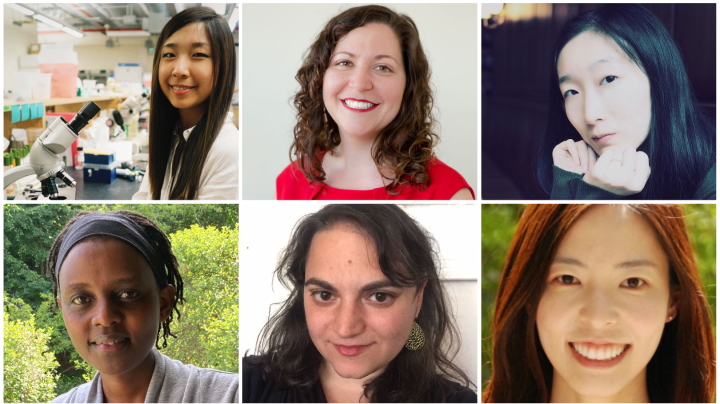Six postdoctoral scholars joined Dartmouth’s Society of Fellows in the fall of 2020, bringing to 14 the number of postdocs being mentored by faculty fellows in a close-knit intellectual community that integrates research with classroom experience.
The program is directed by Mona Domosh, the Joan P. and Edward J. Foley Jr. 1933 Professor of Geography.
“This is an amazing interdisciplinary group,” Domosh says. “We have scholars who range from a biogeochemical analyst in the earth sciences department, to an anthropologist who studies the effects of genocide, to a music and Film and Media Studies scholar analyzing radio broadcasts in Mussolini’s Fascist Italy.”
Part of the Guarini School of Graduate and Advanced Studies, the Society of Fellows was founded in 2014 by President Philip J. Hanlon ’77 to foster intellectual excellence and innovation at the highest levels across the institution. The society’s postdoctoral fellows, in collaboration with faculty fellows, form an interdisciplinary community that integrates research and teaching.
Holding paid fellowships of up to 36 months, fellows typically receive a nontenure-track appointment as a lecturer in a department or program and teach two courses over the course of their time on campus. They receive support for their teaching from the Dartmouth Center for the Advancement of Academic Learning.
The society’s faculty fellows, appointed by President Hanlon in consultation with Dean of Graduate Studies F. Jon Kull ’88, support the postdoctoral fellows’ intellectual and scholarly development. This year Donald Pease, the Ted and Helen Geisel Third Century Professor in the Humanities, has completed his term as a faculty fellow, and two new faculty members have joined the intellectual community: Jeff Sharlet, the Frederick Sessions Beebe ’35 Professor in the Art of Writing, and Emily Walton, an associate professor of sociology.
“Don Pease is irreplaceable, not only because of his range of intellectual capacities but also his enthusiasm for ideas that span the liberal arts,” Domosh says. “The Society of Fellows would not have existed without him. We owe him a debt of gratitude.”
Domosh says she is thrilled that Sharlet and Walton are joining the faculty fellows. The depth of Sharlet’s journalistic and creative writing and Walton’s expertise in the studies of race and class will bring a new range of expertise and experience to the faculty fellows, she says.
Scholars at Work
The following are the fellows’ descriptions of their scholarship, reflecting their own words.
Hiroko Kumaki
PhD, University of Chicago
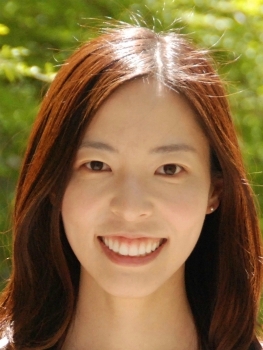
Dissertation: “Reasonably Exposed: Politics and Ethics of Living Fukushima”
Hiroko Kumaki is a sociocultural anthropologist whose research and teaching lie at the intersections of health, environment, and technoscience. Her scholarship examines the affective, material, and conceptual world-making around environmental change, particularly as it relates to the experience of health and well-being. Her first book project, “Reasonably Exposed,” asks what it means to live well in a world that embraces certain levels of environmental exposure as “reasonable,” to be accepted by the general public for the broader good that toxigenic practices enable. Focusing on the ongoing aftermath of the nuclear accident in Fukushima, Japan, the project studies how knowledge and practices on environment and health interact and operate across multiple bodies, scales, and registers to shape divergent political and ethical responses to the radioactive fallout. Kumaki is committed to ethnographic methods that engage and write “from” the lives of interlocutors, rather than “for” or “about” them. While at Dartmouth, she will begin her second project, which investigates the relationship between technological innovation and environmental remediation in the U.S. and Japan.
Jeemin Rhim
PhD, Massachusetts Institute of Technology
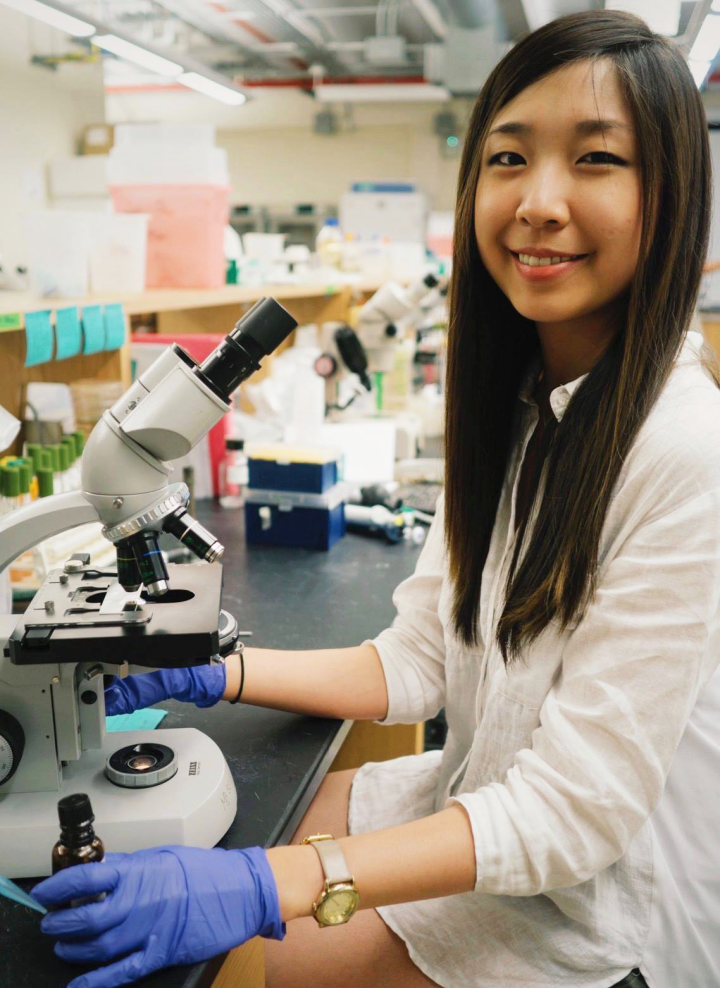
Dissertation: “Experimental Investigations of Isotopologue Fractionation During Microbial Methanogenesis”
Jeemin Rhim is a geobiologist or, more specifically, an isotope biogeochemist. She combines microbial experiments and isotope analyses—investigations of the distribution and arrangement of atoms among and within molecules—to identify the origin and history of investigated molecules. Her PhD work focused on the isotopic signatures of methane (a potent greenhouse gas and a potential biosignature on Earth and other planets) produced by microorganisms. At Dartmouth, she will continue using the combination of experimental and analytical approaches to establish the interpretative framework for the isotopic signatures preserved in the lipid membranes of microorganisms. These signatures can remain stable in rocks for over a billion years and can inform us about the conditions in which microorganisms produced their biomass. Rhim is also an active advocate for diversity, equity, and inclusion in geosciences and broader STEM fields.
Amy Schiller
PhD, The Graduate Center, City University of New York
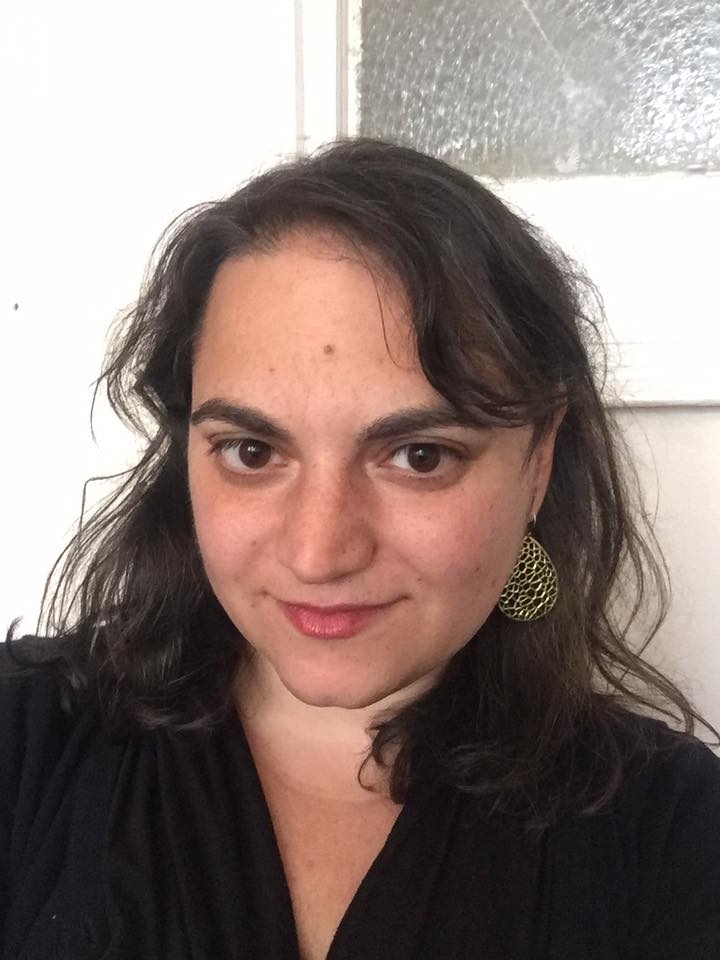
Dissertation: “Caring Without Sharing: Philanthropy’s Creation and Destruction of the Common World”
Amy Schiller’s work explores the role of philanthropy in contemporary society, specifically the role philanthropy plays in reinforcing utilitarian and technocratic approaches to social progress, and the extent to which philanthropy can instead support human flourishing and build a common world. Her first book project examines these normative questions about philanthropy’s purpose and the conditions necessary to return it to its rightful place, using historical and contemporary figures from St. Augustine to Lebron James to illustrate different philanthropic mentalities. Her research has appeared in New Political Science and Society, and her public writing has been published in The Atlantic, The Washington Post, and The Nation; she has also contributed an essay to The Ferrante Letters: An Experiment in Collective Criticism.
Danielle Simon
PhD, University of California, Berkeley
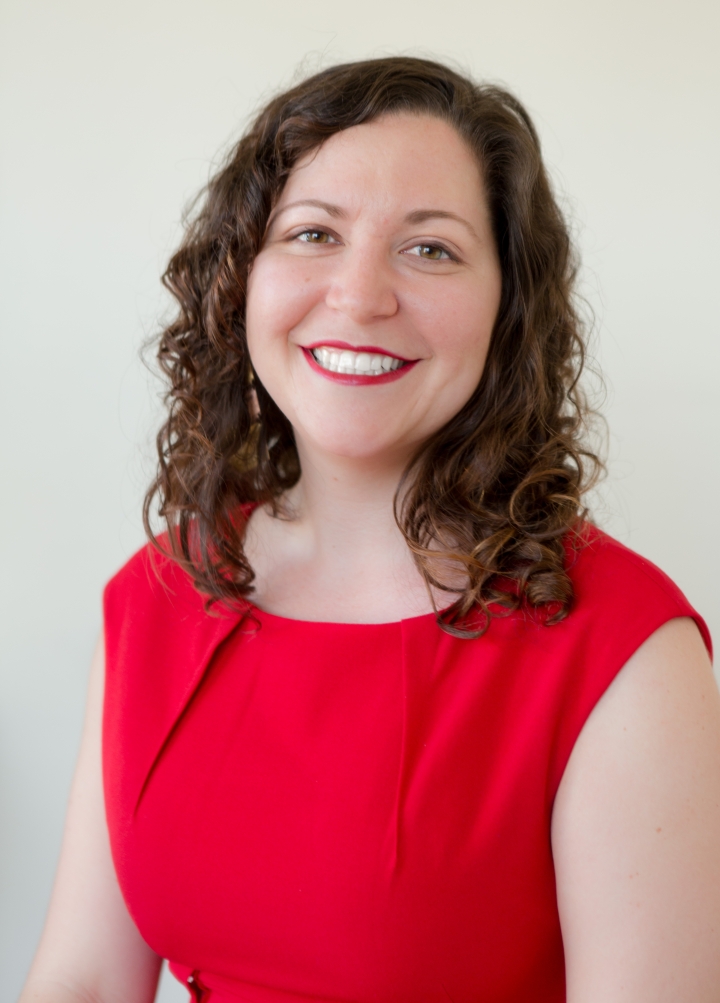
Dissertation: “Ecco la radio: Music, media and Politics in Fascist Italy”
Danielle Simon studies emerging media technologies and musical performance in Italy during and after the Fascist period. Her current book project explores how radio generated and mediated political relationships during the first three decades of Italian radio broadcasting. She is planning a second project that responds to recent developments in studies of transnational fascism by examining radio broadcasts transmitted from Italy to the Italian diaspora living in the United States, Latin America, and the African colonies during the 1920s and ’30s. Her research has been supported by fellowships from the American Academy in Rome and the Mabelle McLeod Lewis Foundation. Her writing has appeared in Opera Quarterly and Representations and is forthcoming in the Cambridge Companion to Music and Fascism and the Journal of Modern Italian Studies. In 2017, she produced and directed the contemporary-world premiere of Il cuore di Wanda, the first Italian opera composed for radio, in collaboration with artist E.V. Day.
Glorieuse Uwizeye
PhD, University of Illinois at Chicago
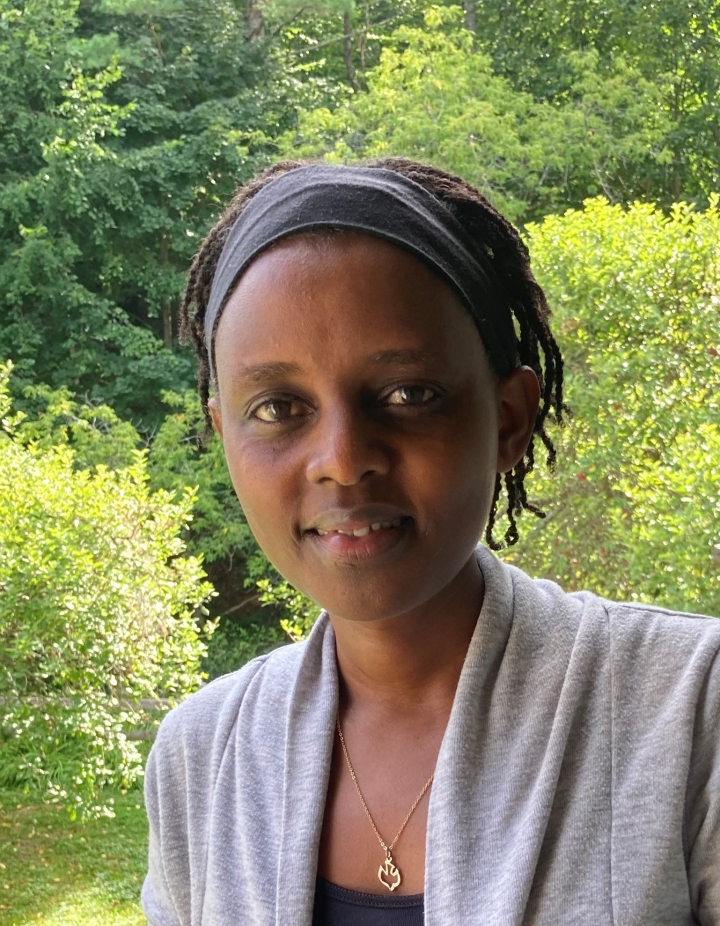
Dissertation: “Health Outcomes of Exposure to Extreme Stress Among Rwandan Adults Born of Genocidal Rape.”
Glorieuse Uwizeye is a mental health nurse studying the intersecting impacts of political, socioeconomic, and environmental factors on development and adult health. Her dissertation research examined the mental and physical health outcomes of periconceptional exposure to genocide and genocidal rape as well as adverse childhood experiences among the adult offspring of Rwandan women survivors of the 1994 genocide against the Tutsi. Uwizeye’s postdoctoral research focuses on epigenetic mechanisms linking those exposures and health outcomes. In addition, she is initiating a prospective cohort of these young adults to track their health as they age and to study their pregnancies and offspring to assess the intergenerational consequences of politically motivated sexual trauma. This work will expand the understanding of life course and intergenerational effects of exposure to political violence and contribute to the design of effective interventions for offspring of wartime rape and similar populations.
Yi Wu
PhD, The New School for Social Research, New York
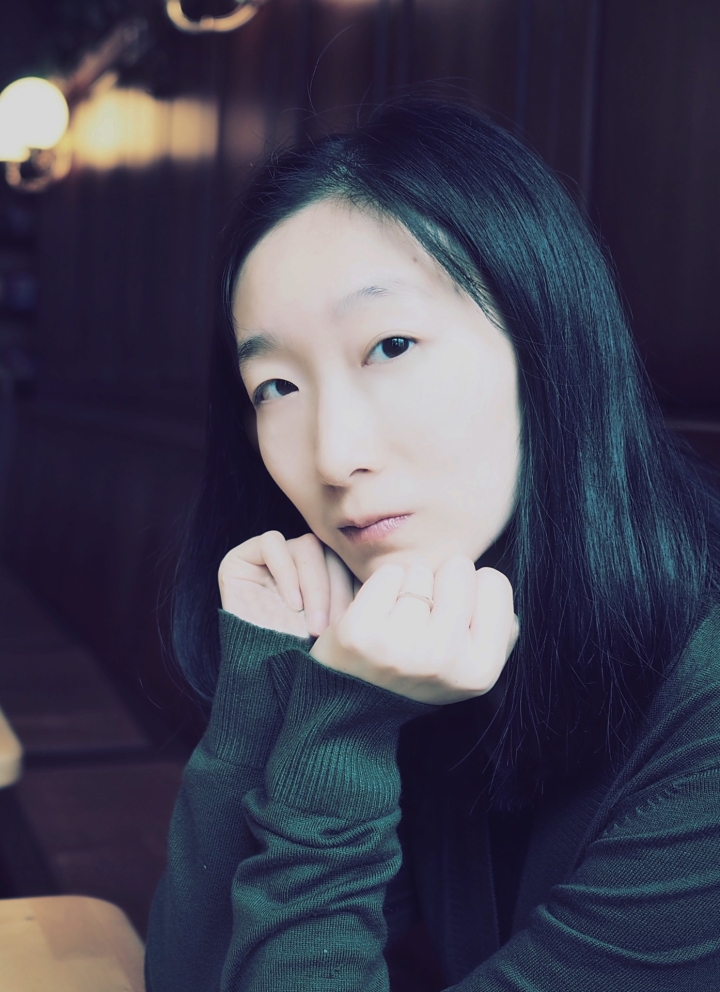
Dissertation: “The Sea and the Mirror: Essayings in Deterritorialization and Mimesis”
Yi Wu is a continental philosopher whose work focuses on world literature and global history. Her research re-interprets the terra-centric western history of philosophy from the perspective of the maritime. By holding up the sea as a mirror to western philosophy understood as a form of historicity and coloniality, Wu works toward a hermeneutic method of re-writing the history of philosophy from a nonwestern and feminist perspective, as a genealogy and archeology of the diluvial. Yi’s writing has appeared in The Journal of Speculative Philosophy, Idealistic Studies, Politeia, Coriolis, Graduate Faculty Philosophy Journal and Clio. Her first book, The Sea as Mirror, traces the absence and repressed presence of the ocean from Plato to Heidegger, employing the maritime as a hermeneutic lens to understand the drive of philosophy as response to and moment within the impetus of western colonization. Wu is working on a second book project, “The Concept of the Maritime: The Sea as Theory.” This project investigates the maritime as a concept against concepts along four dimensions of the post-human condition: natality, wastage, difference and errancy. It argues that the maritime, utilized as the medium and agent of colonization in political and philosophical modernities, remains ultimately the uncolonizable, both the spectator and the agency of political, philosophical and psychical decolonization.
William Platt can be reached at william.c.platt@dartmouth.edu.
